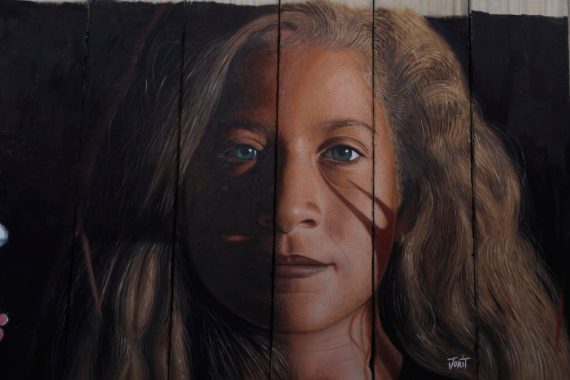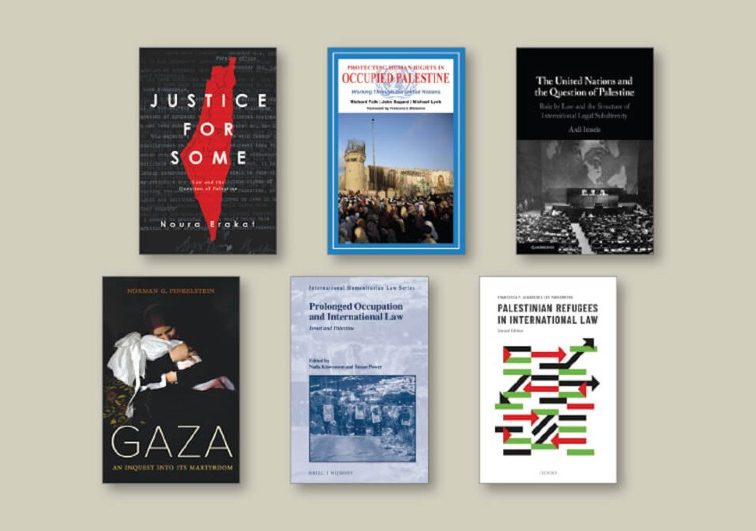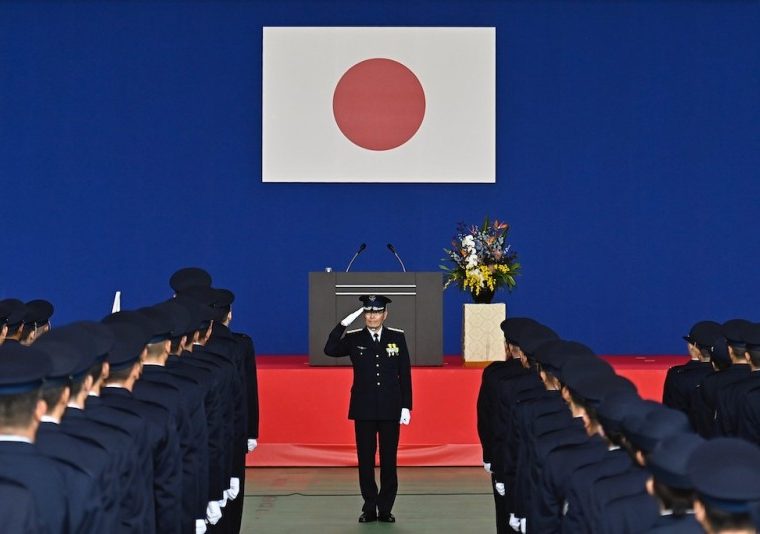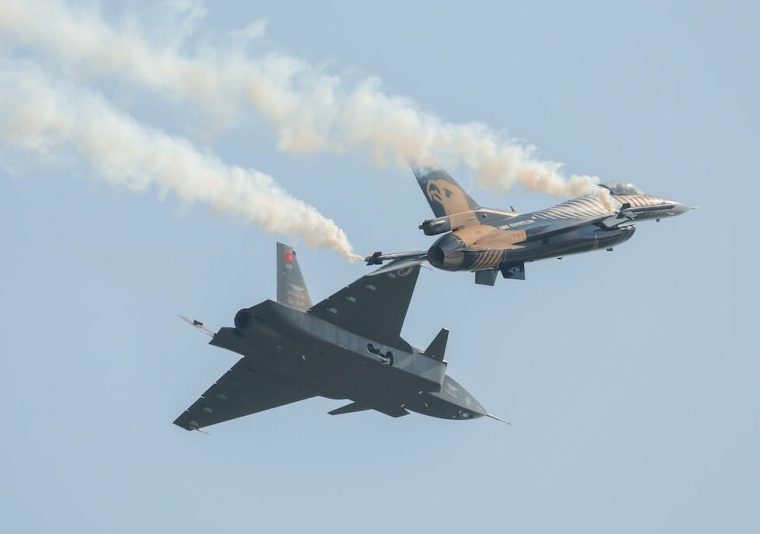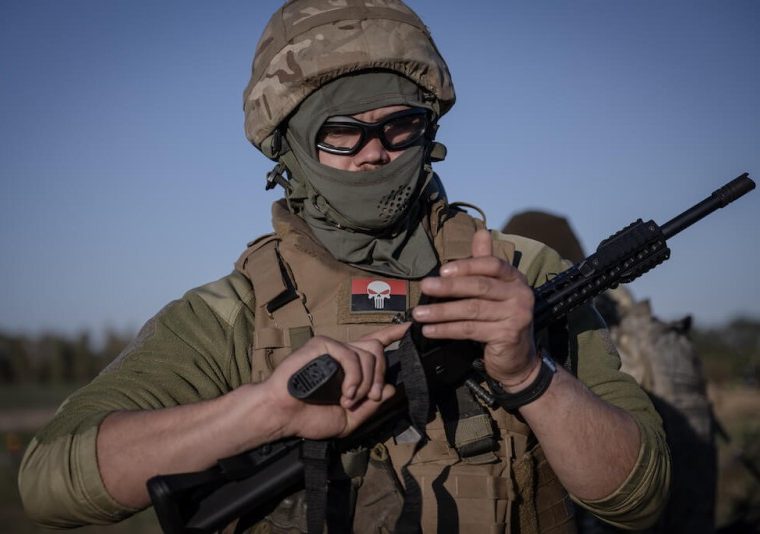The scenes of hundreds of thousands of Ukrainian refugees fleeing war to Europe have received unprecedented western media coverage and solidarity. To be clear, there is nothing wrong in expressing solidarity with any people fleeing war and no group of people should be denied this solidarity. No one should ever become a refugee in the first place and only people who were once refugees can really feel the pain and relate to the experience of other refugees.
However, the treatment of Ukrainian refugees and victims of war has triggered comparisons with other conflicts and war-torn countries, and only reveals the limits of western liberalism and its selective solidarity towards refugees and victims of war. In this regard, Palestine and other war-torn countries in the Middle East can speak volumes to this selective solidarity, which reveals the limits of western liberalism and its perception of who makes an authentic victim and refugee.
Soon after mostly Ukrainian refugees started flooding into Europe from war-torn Ukraine, statements of solidarity by members of the public, journalists, and politicians started pouring in. These particular statements only reflected an orientalist view of war-torn countries in the Middle East, whose people were not white or blonde enough (some of them ironically are!) to win the solidarity of right-wing political parties and politicians in Europe.
Middle Eastern refugees don’t fit the criteria
For shocked Europe, Middle Eastern refugees and people fleeing war in that region of the world were not civilized enough. Speaking of Kyiv and people fleeing the city, Charlie D’Agata of CBS news said, “This is a relatively civilized, relatively European—I have to choose those words carefully, too—city,” He later had to apologize for this statement. This was said despite the fact that cities such as Baghdad, Damascus, or Aden are hundreds and sometimes thousands of years older than Kyiv and other European cities.
David Sakvarelidze, Ukraine’s deputy chief prosecutor, joined the orientalist chorus, speaking to the BBC News, and noting that “European people with blue eyes and blonde hair are being killed every day.” For Sakvarelidze, the exception is to have Europeans with colored eyes and blonde hair killed, indirectly suggesting that it is the norm, or maybe more acceptable, that people with brown eyes and dark skin suffer the same fate daily. The only difference here is that the death of “people of color” goes unnoticed or at least don’t seem to shock Sakvarelidze and Europeans.
The myth of a war-safe Europe
It is true that Europe has not experienced wars and conflicts as the Middle East has in the past 10 years, but the Bosnian and Kosovo Wars serve as a reminder that no country is immune to conflicts and wars, including Europe. The myth of a war-safe Europe also denies the fact that looking at the colonial history of Africa and the Middle East, European fingerprints are present.
Algeria is not such a distant memory of European colonial history in the region, and France continues to refuse to apologize for its crimes. The Afghan and Iraq wars where hundreds of thousands of peoples lost their lives are other examples.
But since the Russia-Ukraine war was at the border of the relatively immune and safe Europe, it required immediate intervention. Some wars are more just than others. Europe didn’t show the same excitement for the war in Syria or in Yemen. Syria only became part of serious discussions in Europe when Syrian refugees started flooding Europe.
To their good luck, Ukrainian refugees were exempt from handing in their jewelry upon arrival in countries such as Denmark, as other refugees including Syrians were told to do, prompting human rights groups such as Euro-Med Monitor to call this Danish law an “outright discrimination.”
Meanwhile, refugees from Africa and the Middle East fleeing the same war in Ukraine were asked to get off trains or to wait until Ukrainian refugees cross, in yet another blatant racism that prompted Filippo Grandi, the UN’s High Commissioner for Refugees, to call out such behavior publicly.
From Palestine to Ukraine: all refugee lives matter
Different people fleeing the same Ukraine war were indirectly told that their lives are less worthy than the lives of other refugees because of their race, color, and nationality. Western European countries, which started deporting refugees back to their countries of origin because according to the authorities the “war is over,” now, all of a sudden, don’t talk about a refugee quota.
In Palestine, too, which has the longest unsettled refugee crisis in recent history, there are many ironies and parallels that could be drawn with the refugee crisis in Ukraine. When Israel bombed Gaza repeatedly over the years 2008/9, 2012, 2014, and most recently in May 2021, western media outlets were very careful with their “both sides” language so as not to hurt the feelings of the Israeli army that was killing civilians in Gaza and levelling entire residential buildings to the ground.
Of the 256 Palestinians who lost their lives at the hands of the Israeli army in May 2021, 60 were children and 40 were women. We could hardly read a news piece in western media mentioning their names, ages, or talking about their dreams cut short, and when the New York Times did so once, the Israeli lobby lost its mind. These Palestinian victims were once again invisible, because they didn’t fit the definition of western liberalism and its selective solidarity with the victims of war and refugees.
European: definition by appearance?
Some victims of war in Palestine were actually Europeans or looked like what Europeans are supposed to look like. But they still didn’t fit the definition of a people who deserve the same level of solidarity. Palestinian-German Ibrahim el-Kilani, his wife Taghreed and their five children were massacred after an Israeli airstrike hit a building in central Gaza to which they evacuated after warnings for evacuation from the Israeli army. They rarely got any mention by the German media, which rather keeps an eye on silencing Palestinian journalists who dare to speak of Israel’s human rights violations.
On the contrary, Palestinian Ahed Al-Tamimi got unusual coverage in the western media after she slapped an Israeli soldier in 2017 who entered the courtyard of her family’s house in the West Bank. Moments earlier, her cousin was shot in the head by an Israeli sniper and a considerable portion of his skull had to be removed.
An Israeli court eventually sentenced her to eight months in prison. Her mother said the family thinks her blonde hair was her ticket to western media coverage. The same Ahd Al-Tamimi’s photo spread like fire on social media claiming that she was a Ukrainian girl facing Russian forces.
Recommended
A few miles away from Ahed’s family house, hundreds of Israelis protested the Russian invasion of Ukraine, with some of them burning their Russian passports in protest. Here lie a number of ironies: Israelis, who were responsible for the plight of Palestinian refugees, by ethnically cleansing 532 Palestinians villages in 1948, are all of a sudden protesting the invasion of another country, Ukraine, by a country, Russia, some of them came from.
In fact, in Tel Aviv, which is built on the remains of Palestinian villages such as Al-Shaykh Muwannis, the remains of Palestinian houses and lives that existed before 1948 could still be spotted. All these protesters need to do is to look under their feet.
Israel, irony, and refugees
The irony didn’t stop there. Ayelet Shaked, Minister of the Interior of Israel, expressed worry that 90% of Ukrainian refugees, who arrived in Israel, were not Jewish. Comments by Shaked resulted in outrage by Ukraine’s ambassador to Israel, Yevgen Korniychuk, who filled a lawsuit to stop restrictions imposed by Shaked on non-Jewish Ukrainian refugees arriving in Israel.

VIDEO: Nakba Survivors Speak: “The sky was our blanket and the ground was our mattress”
The same way it made use of all other crises in the past to bring in Jewish settlers, Israel announced plans to settle 25,000 Ukrainian Jews, along with 5,000 non-Jewish Ukrainians.
Meanwhile, Palestinian refugees who live in refugee camps in the West Bank and the Gaza Strip, a few miles from where Israelis protested the invasion of Ukraine, observe in shock, and wait. They are waiting for the day western media will give them the same treatment that Ukrainian refugees in Europe are receiving—a treatment Palestinians also deserve.
They are waiting for the day when they can return to their homes and when Israel stops accepting refugees based on their religion. All refugees and victims of war deserve to be treated with dignity and respect, and on the basis of justice and equality because no refugee’s life is less valuable than another’s—be they Ukrainian, Palestinian, or Jewish.
